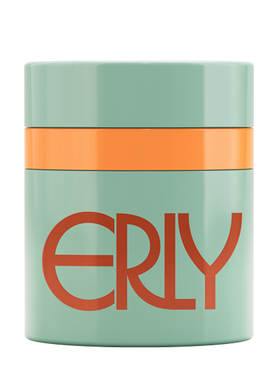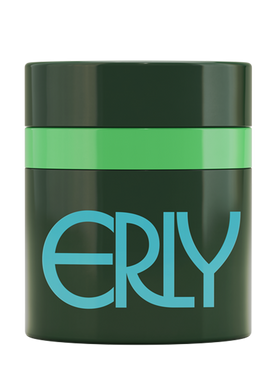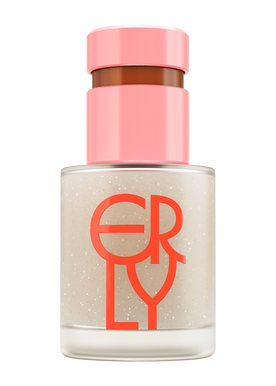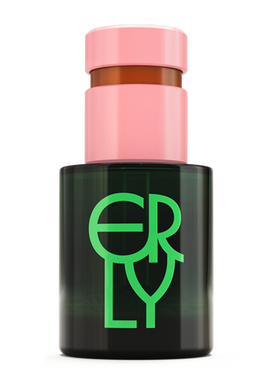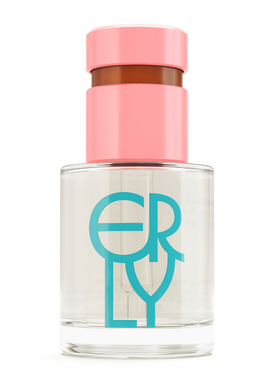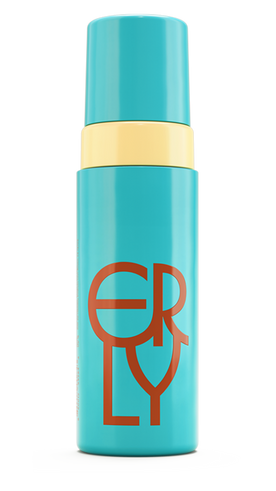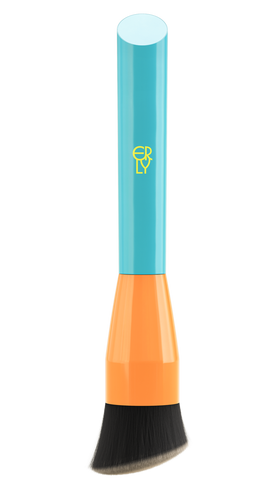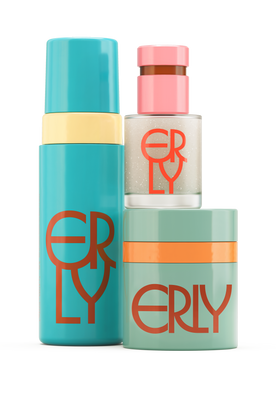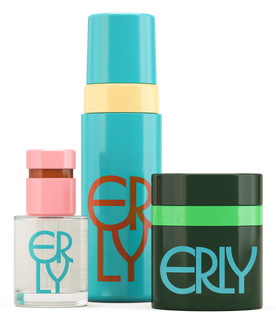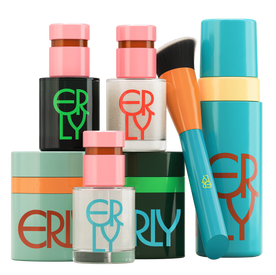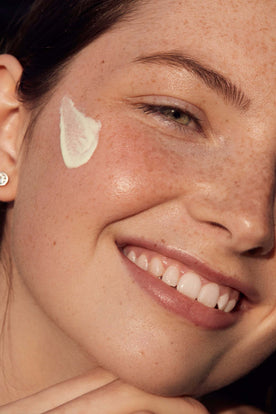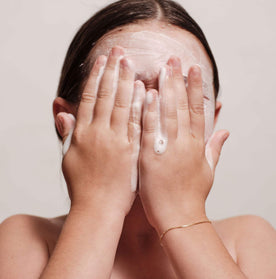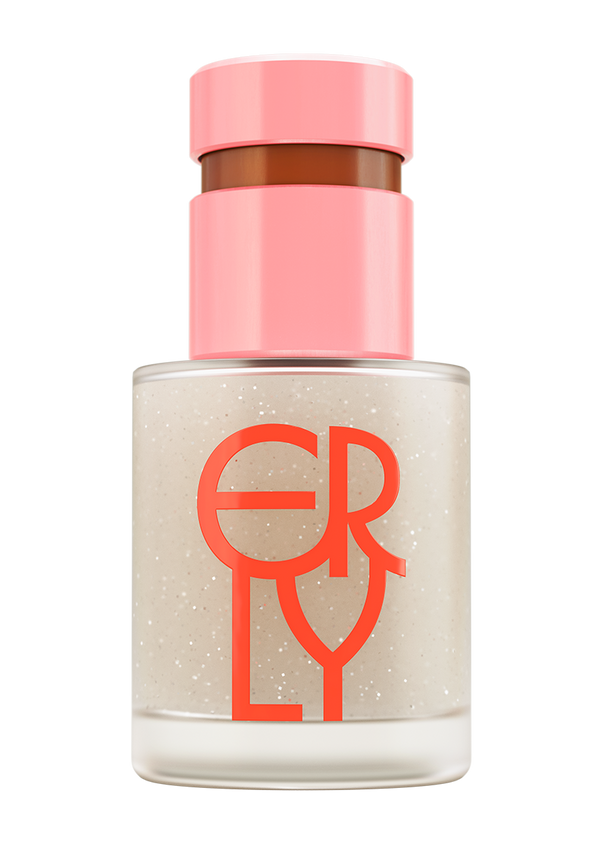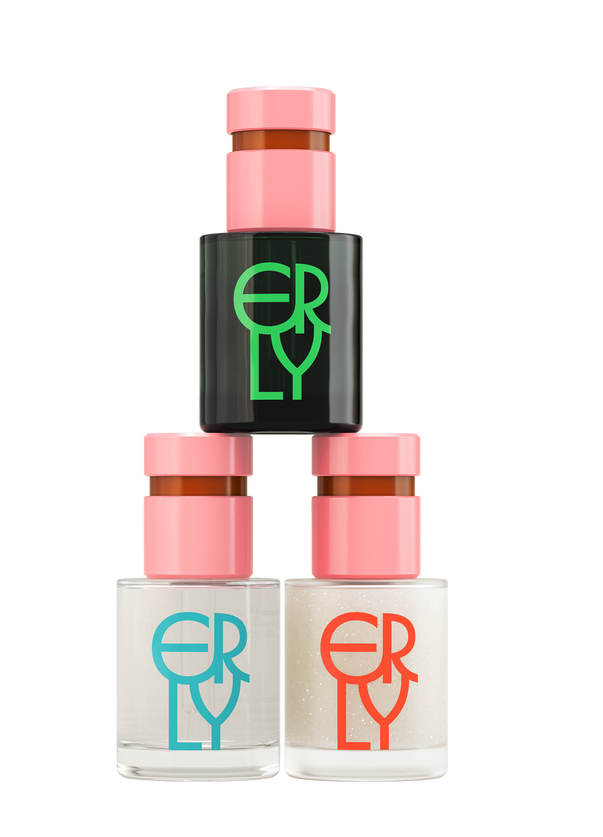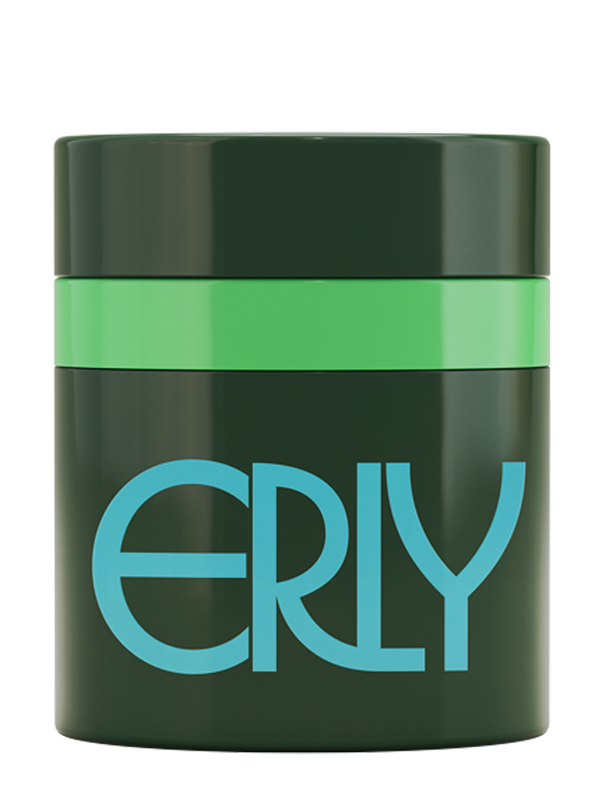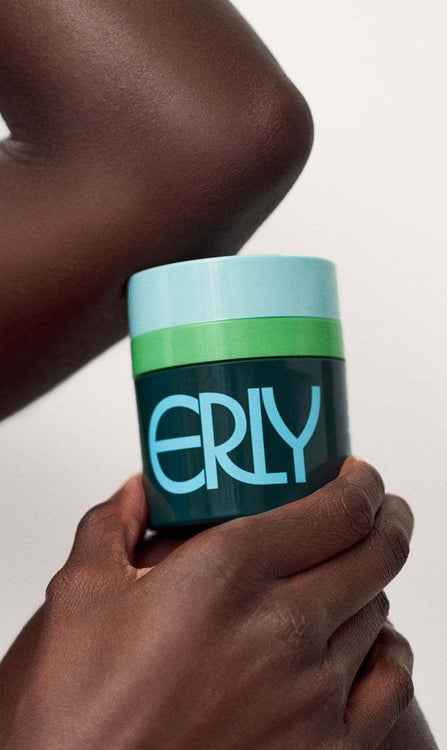A good night’s sleep does more than recharge your body—it’s one of the most underrated (and powerful) steps in your skincare routine. If you’ve ever wondered how sleep affects your skin, the answer is: in more ways than you might expect.
While you sleep, your skin shifts into active repair mode. This is when it works hardest to rebuild collagen, restore hydration levels, and reduce inflammation caused by daily stressors like UV exposure and pollution. Cellular turnover increases, blood flow improves, and the skin’s barrier function is strengthened—all contributing to a healthier, more radiant complexion by morning.
As a dermatologist, I often remind patients that true skin health starts with what you do outside your bathroom cabinet—and quality sleep is a major part of that. In this post, we’ll dive into what really happens to your skin overnight, how different sleep stages contribute to skin regeneration, and how to optimize your evening routine to wake up smoother, stronger, and naturally glowing.
Why Sleep Is Essential for Skin Health
1. Skin Repair and Regeneration
During sleep, the body enters a state of repair, producing collagen and elastin to maintain skin’s strength and elasticity. Collagen synthesis peaks at night, helping to reduce fine lines and wrinkles while improving skin firmness. Nighttime is also when the skin is most receptive to nourishing ingredients, making it the perfect time to apply deeply hydrating and reparative skincare products.
2. Increased Hydration and Moisture Balance
At night, the skin experiences increased transepidermal water loss, meaning it can become dehydrated. Using a hydrating night moisturizer before bed can help replenish moisture levels and maintain a strong skin barrier. ERLY Night Moisturizer, formulated with peptides, hyaluronic acid, and vitamin E, works overnight to restore hydration, improve skin elasticity, and protect against environmental damage. This deeply nourishing formula helps ensure you wake up with plump, healthy skin.
3. Reduced Cortisol Levels
Lack of sleep can elevate cortisol, the stress hormone, which can lead to inflammation, breakouts, and even exacerbate conditions like eczema or psoriasis. Deep sleep helps lower cortisol levels, promoting clearer and calmer skin. Chronic stress from sleep deprivation can also weaken the skin barrier, making it more prone to irritation and dryness.
4. Boosted Blood Flow for a Healthy Glow
During deep sleep, blood flow to the skin increases, delivering oxygen and nutrients that promote a radiant complexion. Poor sleep, on the other hand, can lead to dullness, dark circles, and puffiness. This is why a well-rested face often appears more youthful and refreshed.
How to Optimize Your Nighttime Skincare Routine
1. Cleanse to Remove Impurities
A gentle yet effective cleanser like Face Foam removes dirt, oil, and makeup, ensuring that your skin can fully absorb beneficial nighttime treatments. Cleansing before bed helps prevent clogged pores and breakouts while preparing your skin for hydration.
2. Apply a Hydrating Serum
Using a serum with deeply hydrating ingredients can enhance moisture retention and support the skin’s natural repair processes overnight. ERLY Daily Splash, which contains three forms of hyaluronic acid, is an excellent choice for replenishing hydration and plumping the skin. Applying this serum before your moisturizer ensures your skin remains dewy and hydrated while you sleep.
3. Moisturize to Lock in Hydration
A rich night moisturizer, ideally containing ingredients like peptides, vitamin E, and hyaluronic acid, can help combat overnight moisture loss and support skin recovery. ERLY Night Moisturizer works while you sleep to reinforce the skin barrier, boost hydration, and deliver anti-aging benefits, making it an essential step in your evening routine.
4. Get at Least 7-9 Hours of Sleep
Prioritizing quality sleep ensures that your skin has enough time to go through its natural repair cycles, resulting in a more refreshed and youthful complexion. Creating a consistent sleep schedule and practicing good sleep hygiene—such as limiting screen time before bed, maintaining a cool, dark sleeping environment, and avoiding caffeine in the evening—can improve sleep quality and enhance skin health.
Final Thoughts: How Sleep Affects Your Skin
Quality sleep isn’t just good for your mood and energy—it’s an essential part of your skincare routine. When you understand how sleep affects your skin, it becomes clear that rest is one of the most powerful tools for achieving and maintaining a glowing, healthy complexion.
During the night, your skin is hard at work: repairing damage, building collagen, reducing inflammation, and restoring hydration levels. That’s why pairing restful sleep with the right evening skincare products can make such a noticeable difference.
Incorporating ERLY Daily Splash and ERLY Night Moisturizer into your nighttime routine helps support this natural repair process. Daily Splash preps and refreshes your skin without stripping it, while our Night Moisturizer works overnight to lock in hydration and nourish your skin barrier—so you wake up looking as good as you feel.
When you prioritize both sleep and simple, effective skincare, you give your skin exactly what it needs to stay healthy, radiant, and resilient—night after night.
